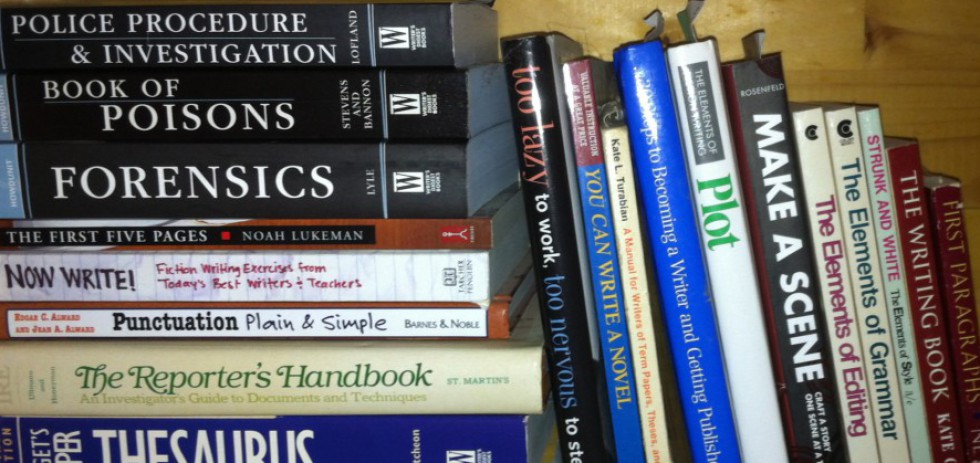By Annette Rey
On occasion, I have used the following sites as I create my work. The first three are sites to help you correct your work. The last one is a one-stop idea/information site to flesh out your work. Give these sites a try and rest easier that your efforts are going out with fewer errors and a lot more punch.
http://classroom.synonym.com/ – This site can hardly be described – there is so much to see and learn. I found it by checking on a grammar issue. It has info on psychological tests, how to write a weather report, how to search for a Canadian address, how to find people in Russia. Under the category College, I found information on special collections at libraries that have rare books and archives and special manuscripts. I found an article How to Find Good Resources for Writing an Essay, by Jen Saunders. The article has very concrete info on where and how to start a credible essay, add opposing views and challenge a theory, and more. Anyone can find something of value on this site, especially writers.
http://www.k12reader.com/ – This site is not just for children. It boasts thousands of free, printable reading and writing worksheets that cover spelling, reading comprehension, vocabulary, grammar, writing, and more. Every writer has some area in which he lacks knowledge. So, bite the bullet and rake in what you need to make your written work stand out from the others.
http://www.titlecapitalization.com/ – This site is a simple page with a box. Just start plugging in the title of your piece and the program automatically capitalizes the appropriate words. You can choose AP style, Chicago Manual of Style, or capitalize words with five or more letters. So, your first line, your title, will be sure to impress.
http://www.worldatlas.com/ – Have you found yourself writing a flash fiction or another work and, unplanned by you, a thought enters your head to include something about an unfamiliar location? Perhaps, it’s Canada, or Winnipeg in particular, or something about native plants in Canada, or population of its cities, names of its airports, rivers, territories, etc. Or you may want to include something about islands in the Pacific, but you don’t know where to start. At this site, all you have to do is click on the category continents, and it seems a list of every island in the world comes up. Click on one of them to reveal individual facts. For a writer, here is more fodder than meets the eye. Article titles could trip a chord with you and off you go with a new idea and a new writing project. Who wants to believe in writer’s block?








